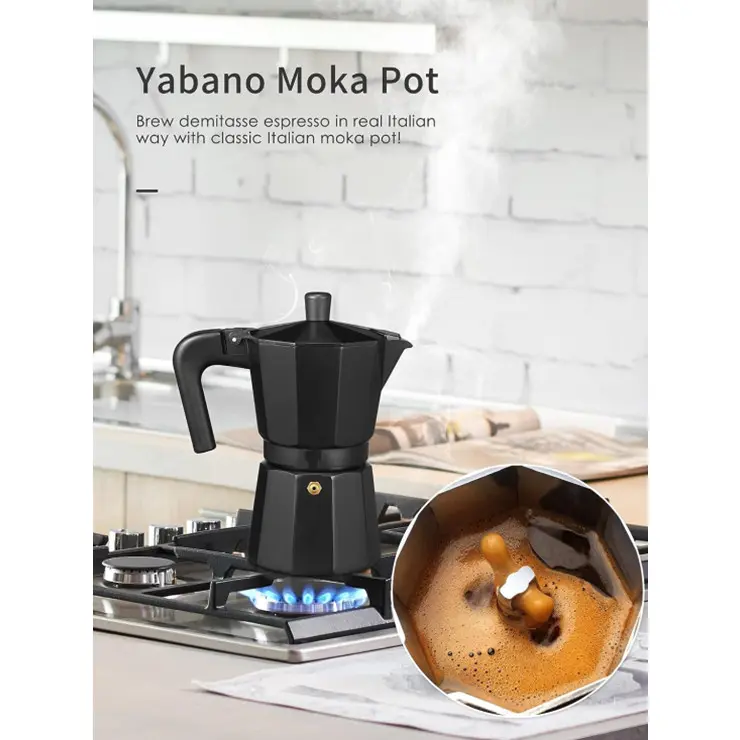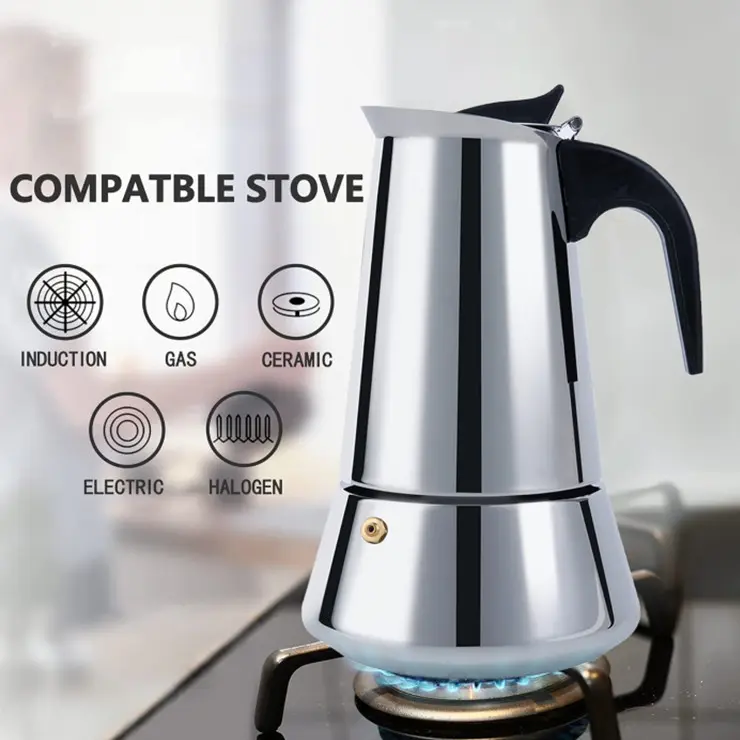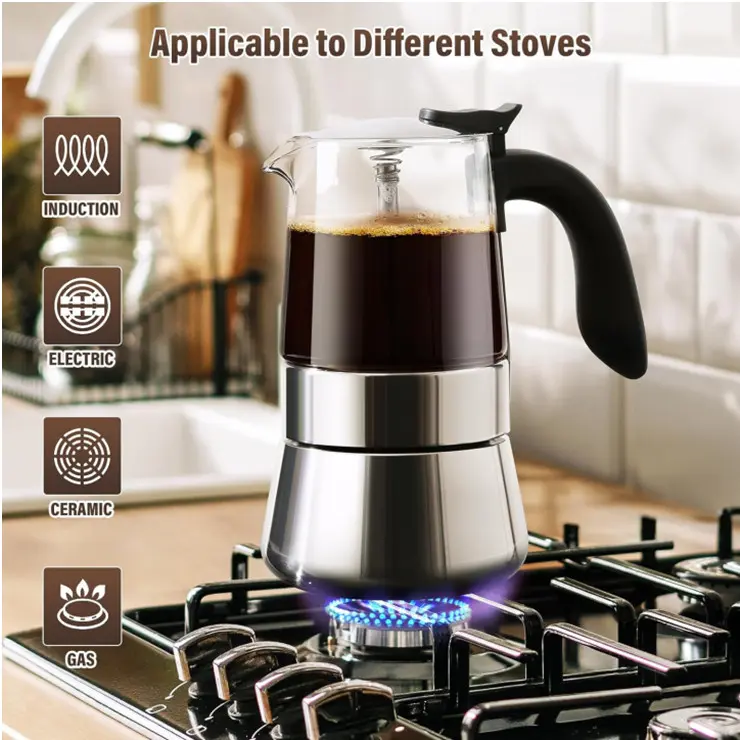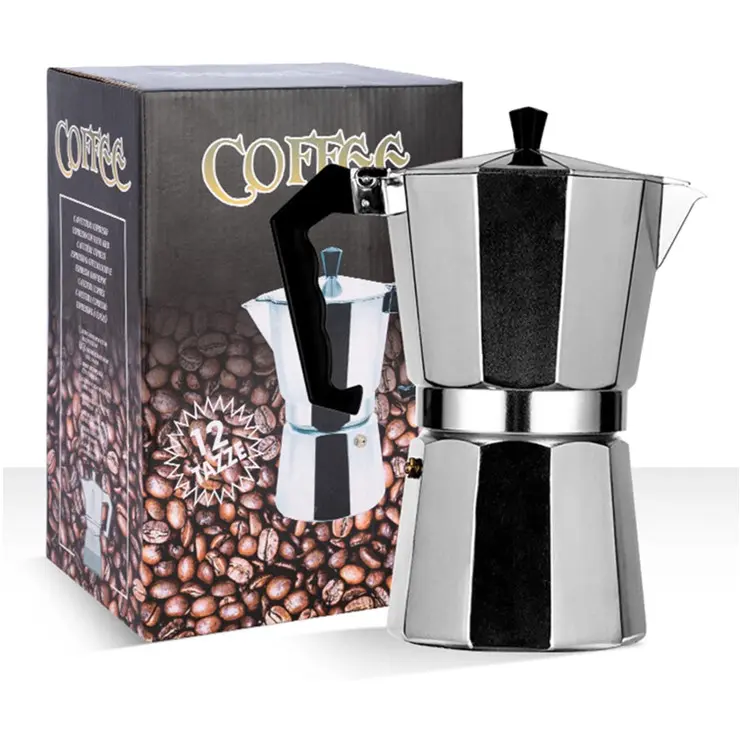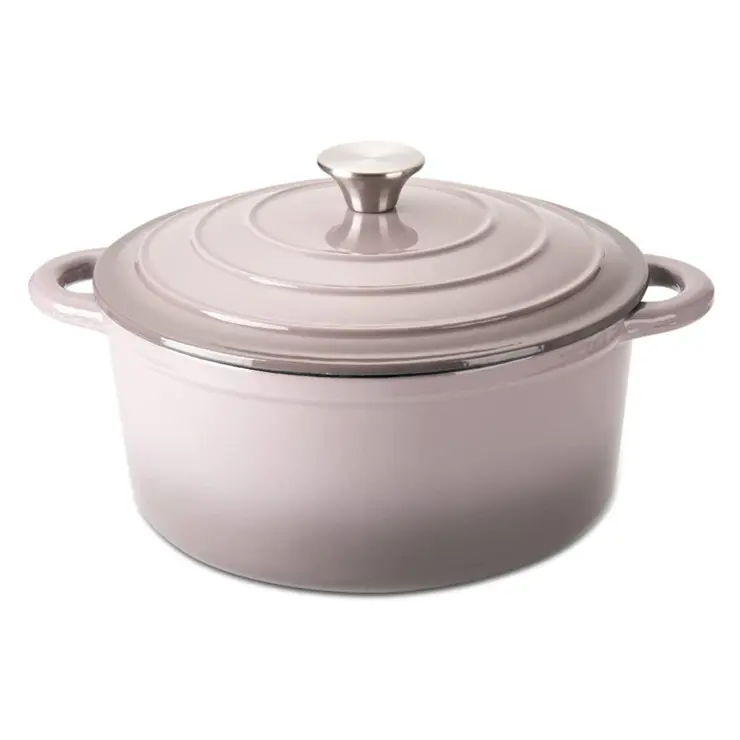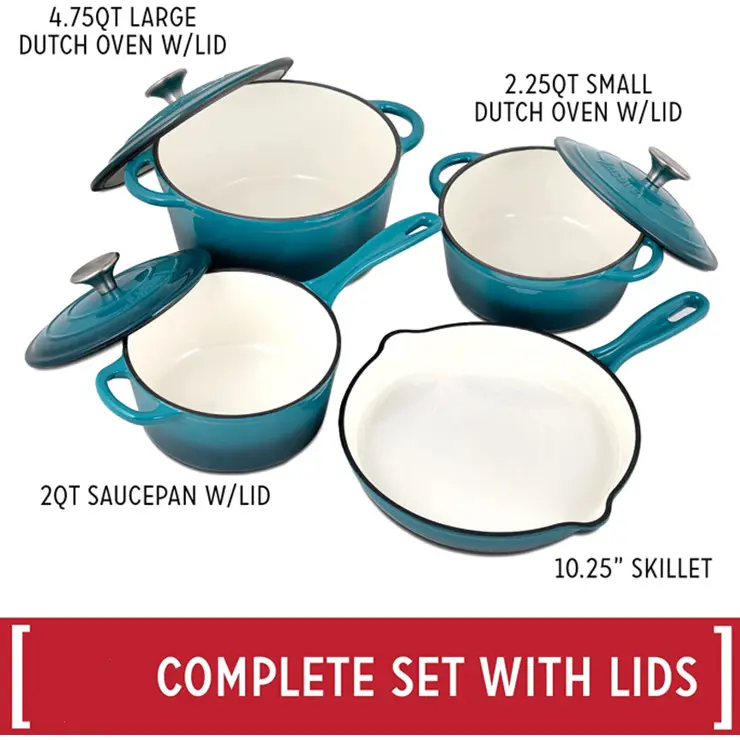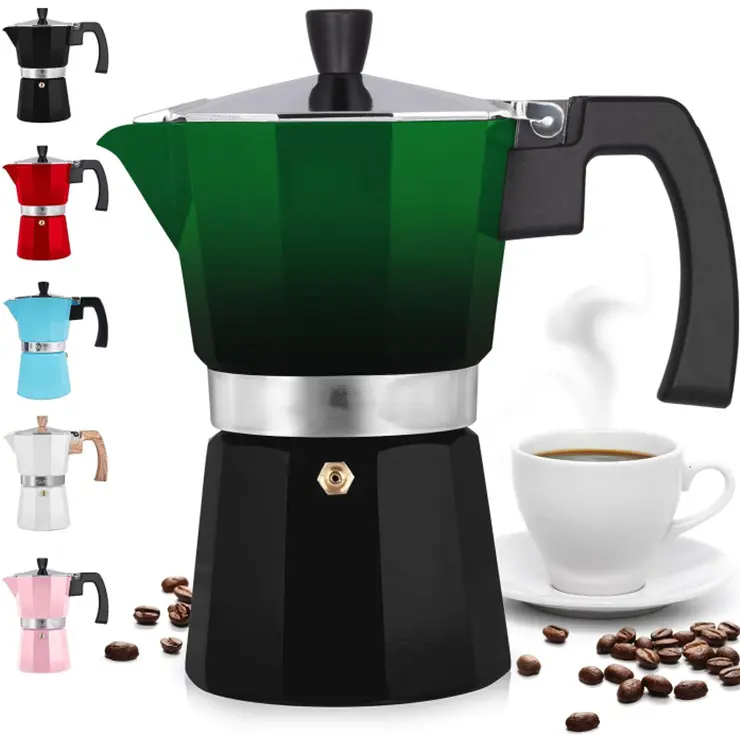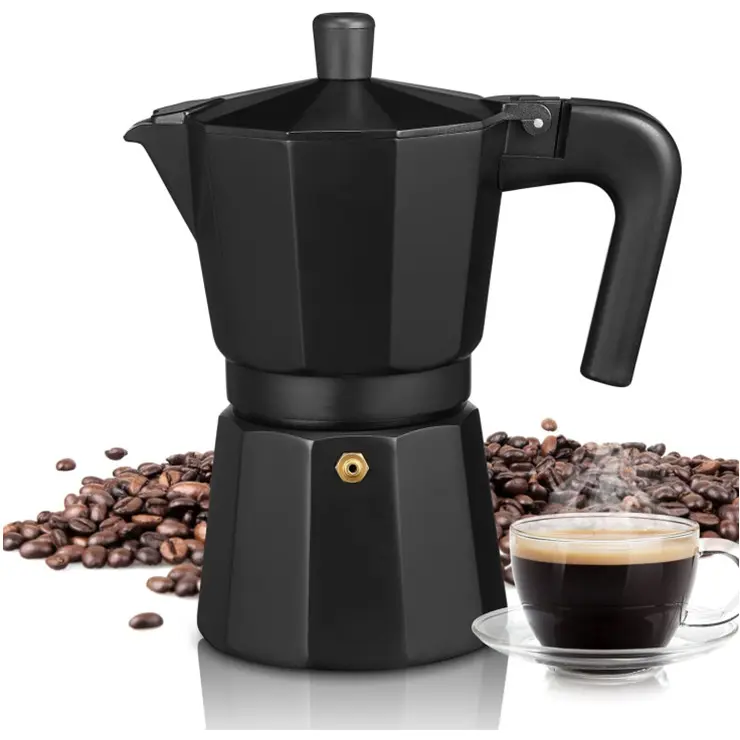Can stainless steel pots and pans also rust?
Why doesn't stainless steel rust? This requires understanding why iron rusts! Iron rusts because the air contains water and oxygen. After a period of time, it will be converted into iron oxide. Ferric oxide is in a loose state and cannot prevent further oxidation and decomposition until it is completely transformed into rust. Therefore, stainless steel, as a metal, is inevitably oxidized. In fact, whether it is primary stainless steel 201, 304 or even 316, it may rust under certain conditions. It’s just that relatively speaking, 316 is less likely to rust than 304, and 304 is less likely to rust than 201👀
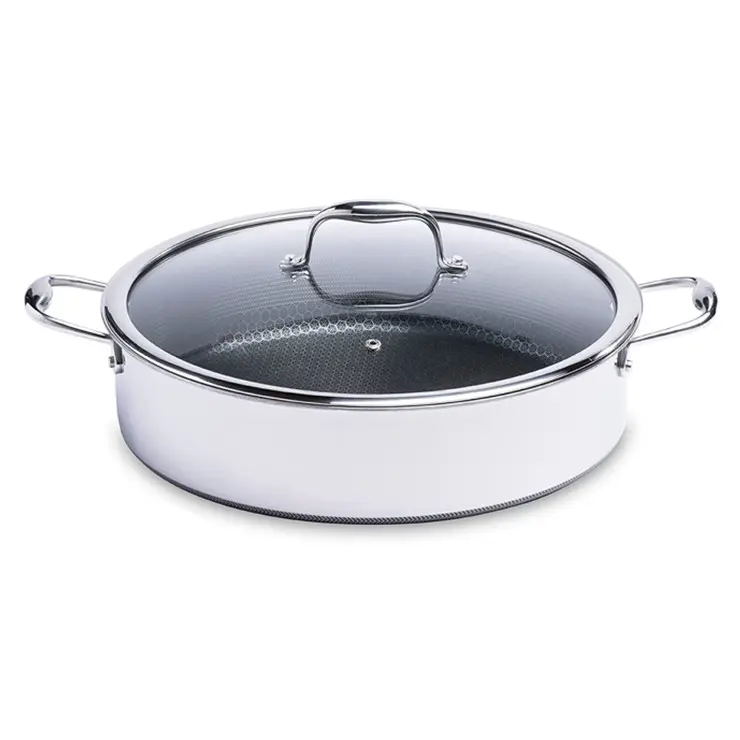
Why does stainless steel rust?
1. The oxide film is damaged due to "improper use"
The reason why stainless steel is called stainless steel is that elements such as nickel and nickel are added to the surface to form an extremely thin, strong, fine, and stable chromium-rich oxide film (protective film) to prevent oxygen atoms from continuing to penetrate and oxidize, thereby obtaining rust resistance. Ability. Stainless steel products also have a range of applications and must be wiped frequently to remove dust and cannot be used in environments containing chloride ions. The most common chloride ions in life are salt water and seawater. Stainless steel will corrode very quickly or even more than ordinary ones in an environment where chloride ions exist. Low-carbon steel.
so:
① Be sure to dry the water before storage
②Do not use alkaline water for cleaning
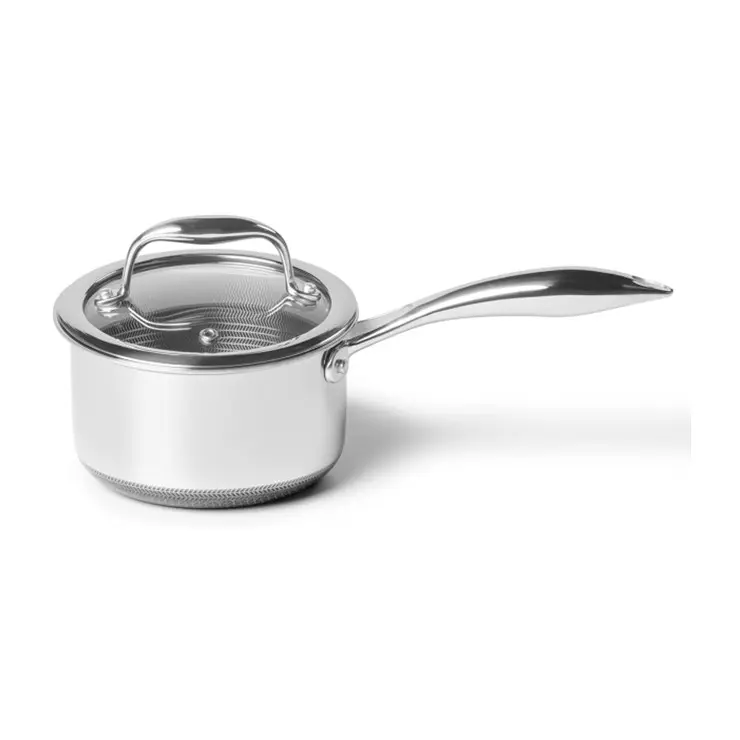
2. Maybe what you bought is not stainless steel at all
Some domestic brands say it is 316, and rust spots will appear after 3 months of use. However, if you wash the dirty and sticky screens installed more than ten years ago in water, they are still the same as new ones, with no rust at all. Just a 304! In fact, it’s not that the terminal wholesalers are dishonest, but that the upstream manufacturers have lost their bottom line of integrity!
How to remove rust from stainless steel in the kitchen? Use baking soda for the solution!
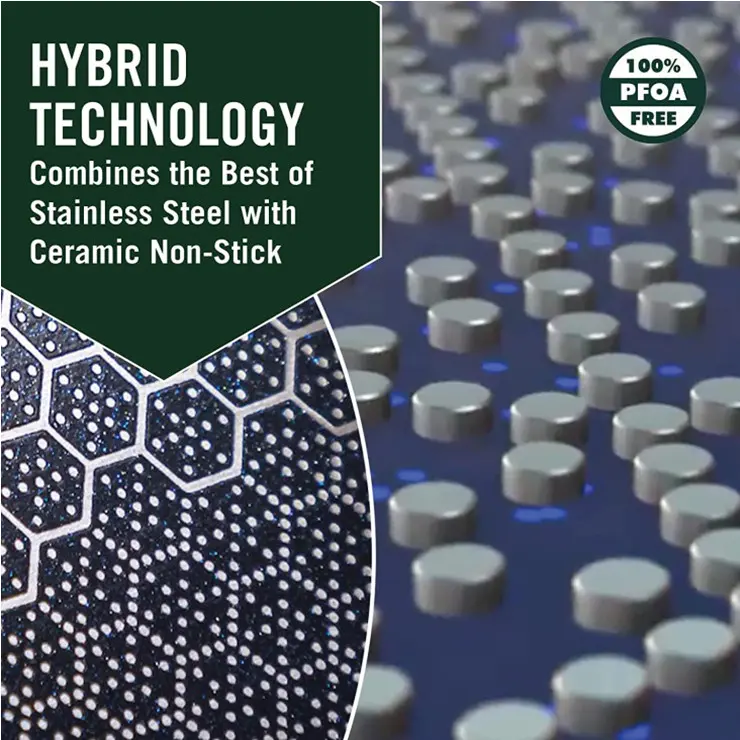
Before you begin removing rust from stainless steel, be sure to check the manufacturer's cleaning instructions. Not all steel finishes are the same. Mix 1 tablespoon baking soda in 2 cups water. Baking soda is a great, non-abrasive way to remove rust and a variety of other stains and blemishes from surfaces and appliances. Start by wiping away any stains with a clean cloth or, alternatively, using a toothbrush to rub the baking soda solution into the rust stain. Baking soda is non-abrasive and will gently remove rust from stainless steel. It also won't damage the texture of stainless steel. Rinse and wipe the spots with a damp paper towel. You will see rust on the paper towel.

